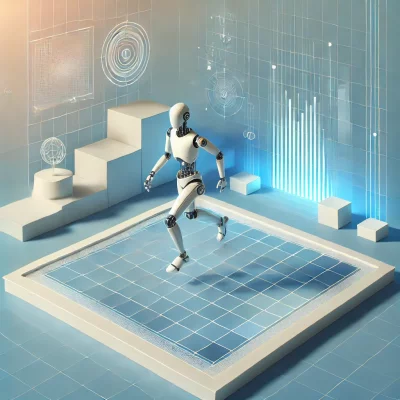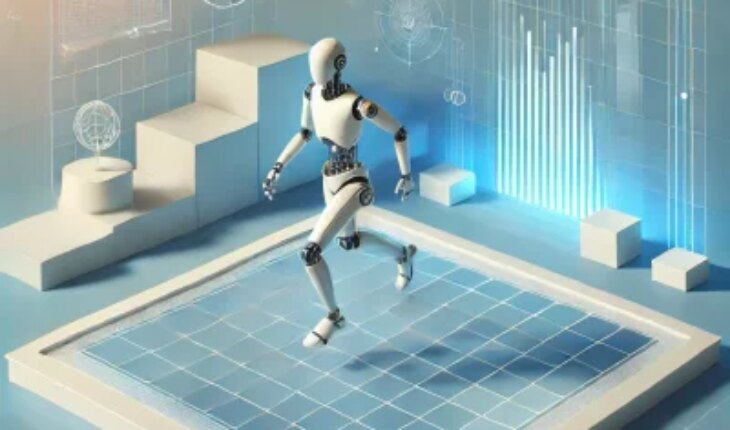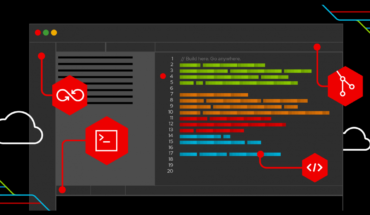 Genesis uses standard GPUs (like the ones in gaming rigs) to run up to 100,000 simulations at once. That’s insane, right? This allows robots to “practice” a ton of scenarios before being deployed IRL. Plus, there’s this cool 4D dynamic world creation feature in development—meaning researchers can generate entire 3D worlds with physics, objects, and movement just by typing in text commands. You can create a virtual lab or game environment by simply saying, “Make a desert scene with moving rocks and strong winds.” (Now imagine if it could be done for VR environments for humans too in the future).
Genesis uses standard GPUs (like the ones in gaming rigs) to run up to 100,000 simulations at once. That’s insane, right? This allows robots to “practice” a ton of scenarios before being deployed IRL. Plus, there’s this cool 4D dynamic world creation feature in development—meaning researchers can generate entire 3D worlds with physics, objects, and movement just by typing in text commands. You can create a virtual lab or game environment by simply saying, “Make a desert scene with moving rocks and strong winds.” (Now imagine if it could be done for VR environments for humans too in the future).
Another big flex? Genesis is built entirely in Python, making it accessible compared to older simulators that required complex programming languages and specialized hardware. And it’s free—so anyone with a decent PC can dive in. This should level the playing field in robotics development, encouraging global collaboration, and more studying for kids from school level itself.
That said—some of these features are still in the pipeline, and it’s untested in real-world use for now. Still, there is immense potential for training robots (and with individual personality) and even generating realistic games or movies is mind boggling.
Source: https://arstechnica.com/information…ains-robots-430000-times-faster-than-reality/
So what do you think, could this disrupt how indie developers and smaller labs innovate in robotics or even gaming? What would you do if you had access to this tech?





